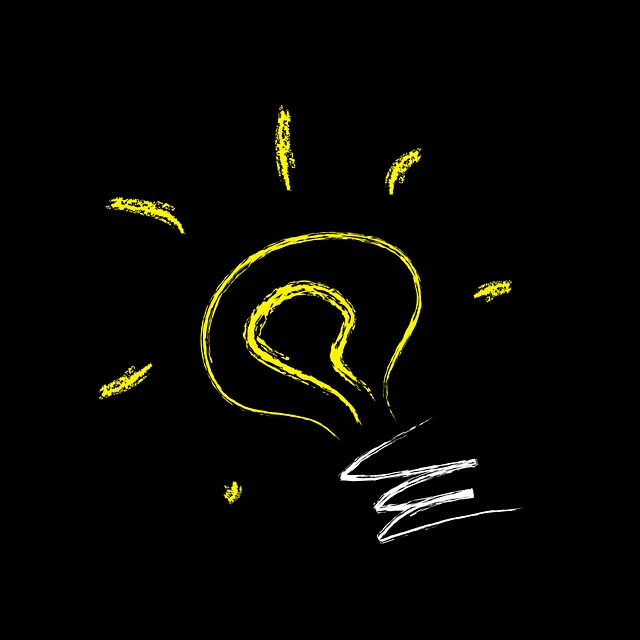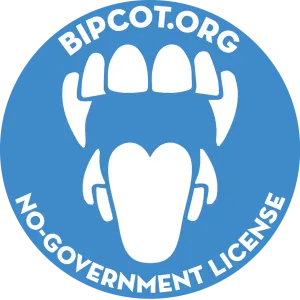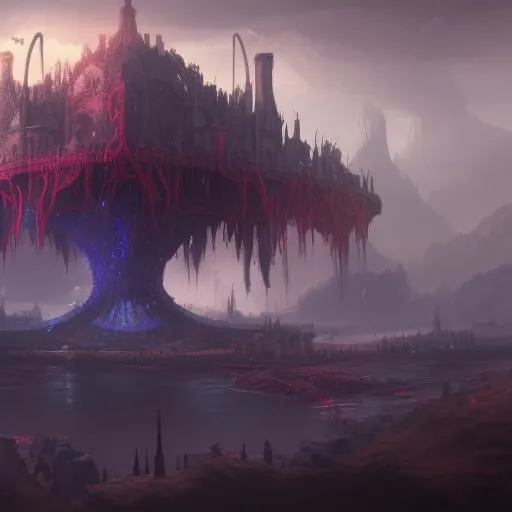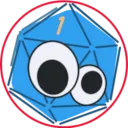
Introduction
Intellectual property (a.k.a. IP) is a hot topic right now. "The Chinese are stealing patents!" "Chat GPT and Stable Diffusion are stealing copyrighted material!" But what is IP, and how is it something which can be violated in the first place?
I rely heavily on Stephan Kinsella's Against Intellectual Property in my arguments, so if this post seems to skip some details, that work is the next step I suggest in exploring this topic.
I reject the concept of intellectual property, but that does not mean I support plagiarism. The image accompanying this introduction is by Clker-Free-Vector-Images from Pixabay. Always give credit where credit is due. It's just basic courtesy, and helps you maintain good standing as an honest content creator yourself.
Full disclosure: I am not a lawyer, and this post is just a layman's interpretation. As such, error is possible, and dispute is all but guaranteed.
Property
What is property? People like to make sweeping assertions without defining terms. I argue property claims require a specific set of parameters to be viable. Legal definitions differ, of course, but legality is never obligated to reflect rationality or morality.
For a property claim to be valid, the item in question must be some physical object. This may apply to a tract of land, raw material, or a manufactured good. In any case, it is scarce, tangible and rivalrous.
Scarcity does not necessarily mean rare, but merely that supply is finite.
Tangible means it is manifested in reality as a physical object or region.
Rivalrous refers to the fact that disputes can arise in the use of scarce, tangible goods. If party A uses the item, party B cannot.
Property rights exist because the scarce nature of tangible rivalrous goods can bring about disputes, so the right of use must be determined. All economic systems fundamentally discuss property rights, whether they acknowledge the individual nature of property rights or not.

Intellectual Property
To the best of my knowledge, under most national laws and international treaties, copyright is granted by default. It is a presumptive legal assignment, not something which must be requested. If the blockchain constitutes a fixed medium, the act of posting this creates a copyright whether I want it or not. Even if I add a note about Creative Commons licensing, or my favorite BipCot license (image source), copyright law is assumed to be in effect.
The concept of copyright dates back to monarchical grants of privilege to printers, and was retained in the US as a vestigial remnant of royalist authoritarianism assumed as a necessary part of governmental power. It remains fundamentally a monopoly grant by the State, and can only be exercised by violating the freedom of the press otherwise retained by anyone else who might want to copy or create a derivative. It is state violence against property rights in real scarce rivalrous goods, not a protection.
Unlike copyright, patents must be applied for by those who want them, and constitute a tradeoff of open disclosure of a process or mechanism in exchange for a limited term of government-protected privilege. Like copyright, the law creates a government-protected monopoly which necessarily threatens the real property rights of others who use their own scarce goods in violation of the monopoly grant.
Trademarks include words, graphics, and even colors which describe a corprorate identity. The justification given for trademark protection is usually protecting consumers from fraud, but fraud is already criminal. Besides, the victim of fraud is not the corporation whose marks were copied. It is the consumer who was misled. If I am not mistaken, though, the law does not even require evidence that anyone was misled, only the possibility they might be misled. This also flies in the face of the maxim, "no victim, no crime."
Other legal protections for "intellectual property" include trade secrets and other legal concepts, but they all suffer from inconsistencies regarding the nature of property similarly to copyrights, patents, and trademarks.

AI Plagiarism
Everyone who learns to draw probably starts by copying and iterating upon someone else's work. Culture progresses by this "anti-IP" process. An algorithm using text or images to train an output process is not fundamentally different. I think it would be better if AI included open attribution to the prior art used to generate its output, but that could be incredibly complex and difficult to trace depending on the model used.
If you use AI, I advise being open about it, linking to your source AI, and declining payout if such content is the majority of your post.
Image created using Nightcafe Studio.
But China!
Intellectual Property laws are not global. An American patent has no power outside the US. I assume EU laws are similar, although I admit I haven't really looked into the issue. Regardless, there is no theft, and there is not even a legal violation in most cases.
Conclusion
I know this probably flies in the face of everything you learned in school or see in the media. I'm writing this precisely because it's the oddball fringe perspective. If you don't think it makes sense, feel free to challenge me. I didn't arrive at my conclusion that IP is BS without a lot of struggle, because I certainly didn't get exposed to such ideas until I started questioning my own presumptions and prejudices.
